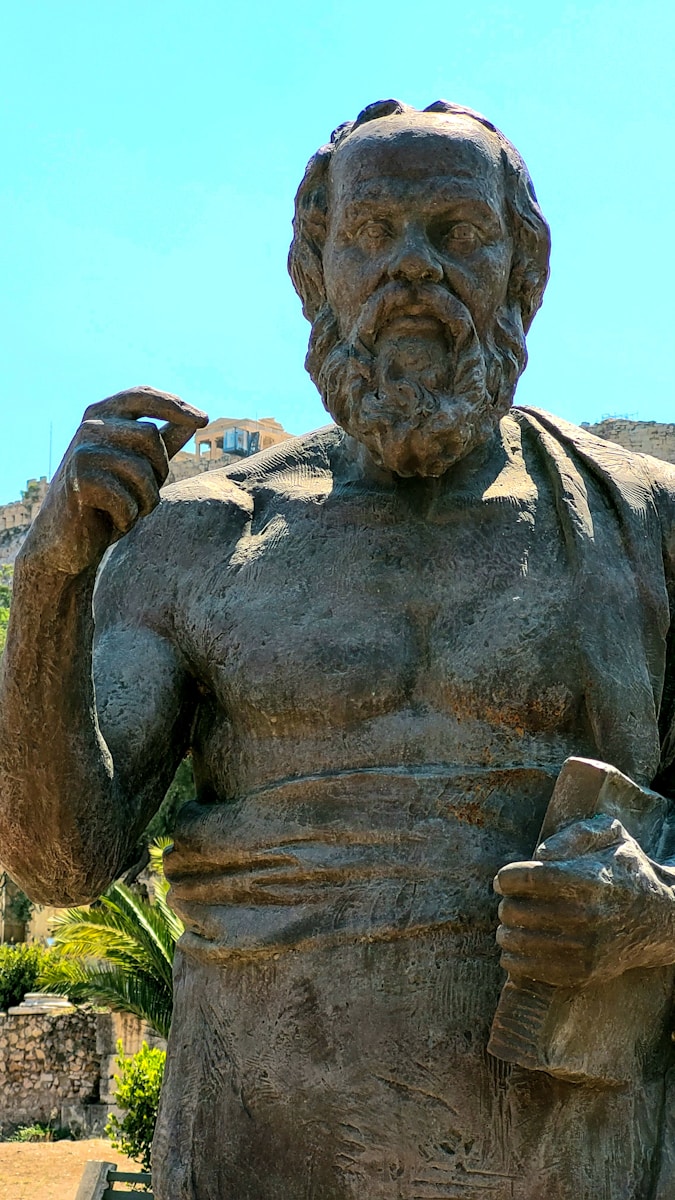
Critical Thinking
Critical Thinking: An Introduction
In an era marked by an overwhelming flow of information, complex global challenges, and rapidly evolving international dynamics, the ability to think critically is more important than ever. Critical thinking serves as the foundation for sound judgment, rational decision-making, and effective problem-solving. For scholars, practitioners, and enthusiasts of International Relations (IR), critical thinking is not just a valuable skill—it is an essential one. This course is designed to equip you with the tools, frameworks, and perspectives needed to analyze past and current events in the global arena with a discerning and informed approach.
Why Critical Thinking Matters in International Relations
The field of International Relations deals with intricate issues that involve multiple actors, competing interests, and a myriad of cultural, political, and economic factors. Consider, for instance, the decision-making processes behind wars, trade agreements, climate treaties, or humanitarian interventions. These are rarely straightforward and often require a nuanced understanding of historical contexts, power dynamics, and conflicting ideologies. Without critical thinking, individuals risk falling prey to oversimplified narratives, ideological bias, or even manipulation through misinformation.
Critical thinking helps to:
- Evaluate Sources: In an age of fake news and propaganda, the ability to assess the credibility of sources is paramount. Critical thinkers can discern fact from opinion, identify bias, and evaluate the reliability of data, ensuring that their analyses are based on solid evidence rather than misleading information.
- Understand Context: Events in international relations do not occur in a vacuum. Historical, cultural, and geopolitical contexts shape the behavior of nations and non-state actors. Critical thinking enables individuals to see beyond surface-level explanations and understand the deeper forces at play.
- Challenge Assumptions: IR is rife with preconceived notions and entrenched perspectives. Critical thinkers question these assumptions, exploring alternative viewpoints and challenging the status quo. This intellectual rigor fosters innovation and more balanced policy solutions.
- Recognize Logical Fallacies and Cognitive Biases: Decision-making in IR is susceptible to logical fallacies, such as appeals to authority, cherry-picking, or false equivalencies. Similarly, cognitive biases like confirmation bias or groupthink can cloud judgment. Critical thinking helps individuals identify and counter these pitfalls, ensuring more rational and evidence-based conclusions.
- Enhance Communication and Persuasion: Whether drafting policy briefs, negotiating treaties, or engaging in academic discourse, clear and logical communication is vital. Critical thinking equips individuals to construct compelling arguments, anticipate counterarguments, and present ideas persuasively.
What This Course Will Cover
This course is structured to take you on a comprehensive journey through the principles and applications of critical thinking in the context of International Relations. Throughout the course, we will explore:
- Core Concepts of Critical Thinking:
- Definition and importance of critical thinking
- Distinguishing between critical thinking and mere criticism
- The intellectual virtues of curiosity, humility, and rigor
- Analytical Frameworks:
- Tools for breaking down complex problems
- Systems thinking and recognizing interdependencies
- Using evidence and reasoning to evaluate arguments
- Cognitive Biases and Logical Fallacies:
- Identifying common biases such as anchoring, framing, and availability heuristics
- Understanding logical fallacies like ad hominem attacks, straw man arguments, and slippery slopes
- Strategies to mitigate the influence of biases and fallacies in IR analyses
- Application to Historical and Contemporary Events:
- Case studies of major international events, such as the Cuban Missile Crisis, the Iraq War, and climate change negotiations
- Analyzing these events with critical thinking tools to understand the decision-making processes and outcomes
- Developing Critical Thinking Skills in Practice:
- Exercises to enhance analytical writing, debate, and argumentation
- Techniques for engaging in constructive disagreement and productive dialogue
- Approaches to fostering critical thinking in group settings and decision-making processes
The Value of Critical Thinking for International Relations
The ability to think critically has far-reaching implications for both individuals and the global community. For professionals in diplomacy, journalism, academia, or non-governmental organizations, critical thinking is indispensable for crafting effective policies, conducting rigorous analyses, and fostering international cooperation. For citizens, it empowers them to engage more meaningfully with global issues, advocate for informed policies, and hold decision-makers accountable.
By the end of this course, you will not only have a deeper understanding of critical thinking but also the ability to apply these skills to real-world challenges in International Relations. You will learn to approach global events with intellectual rigor, balance competing perspectives, and contribute to solutions that are both innovative and pragmatic.
Final Thoughts
As the world becomes increasingly interconnected and complex, the importance of critical thinking cannot be overstated. This course is your opportunity to develop a skill set that transcends disciplines and enhances your ability to navigate the challenges of the modern world. Together, we will explore how critical thinking transforms not only the way we analyze international relations but also the way we engage with the world around us. Prepare to question assumptions, challenge conventional wisdom, and uncover new insights into the forces that shape our global society.